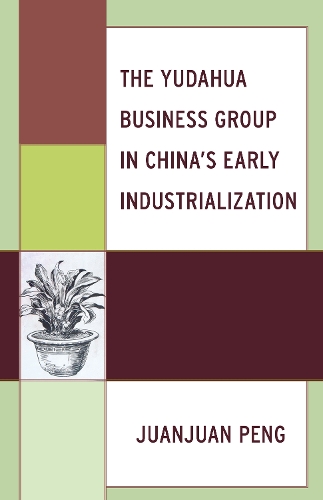
The Yudahua Business Group in China's Early Industrialization
(Hardback)
Publishing Details
The Yudahua Business Group in China's Early Industrialization
By (Author) Juanjuan Peng
Bloomsbury Publishing PLC
Lexington Books
4th March 2020
United States
Classifications
Professional and Scholarly
Non Fiction
History of specific companies / corporate history
338.951
Physical Properties
Hardback
206
Width 161mm, Height 229mm, Spine 22mm
476g
Description
By tracing the history of Yudahua from the late nineteenth century to the middle of the twentieth century, this study analyzes a successful inland business model among textile companies in modern China. The steady growth of this enterprise relied primarily on its strategy to focus on low-end markets to locate new mills in underdeveloped interior regions. This strategy further allowed the enterprise to pioneer industrialization in its host localities, demonstrating a major social and economic impact on the local societies. At the same time, Yudahuas unique team leadership patternfive leading families shared its ownership and managementmade the business an atypical family firm and allowed relatively easy institutional departure from Chinese social networks and adoption of Western corporate hierarchy. Therefore, by the late 1940s, Yudahua had gradually developed into a fairly integrated business group with a unified management structure and routinized connections between its member mills, which differed noticeably from the loose alliances normally found in other early twentieth-century Chinese business conglomerates.
Reviews
Pengs study of Yudahua extends recent work on Chinese business history by focusing on entrepreneurs whose business structure foreshadows reform-era corporate groups, and wholike Huaweis current leadershoned their commercial and technical skills by developing markets in Chinas inland regions. -- Thomas G. Rawski, University of Pittsburgh
Author Bio
Juanjuan Peng is associate professor of history at Georgia Southern University.
